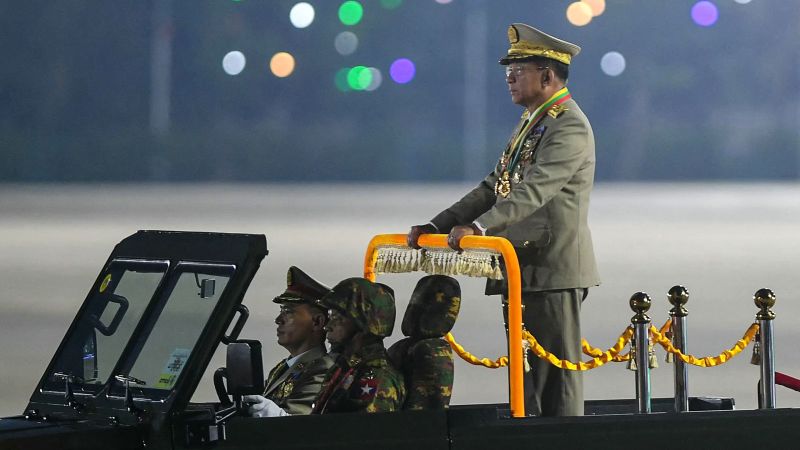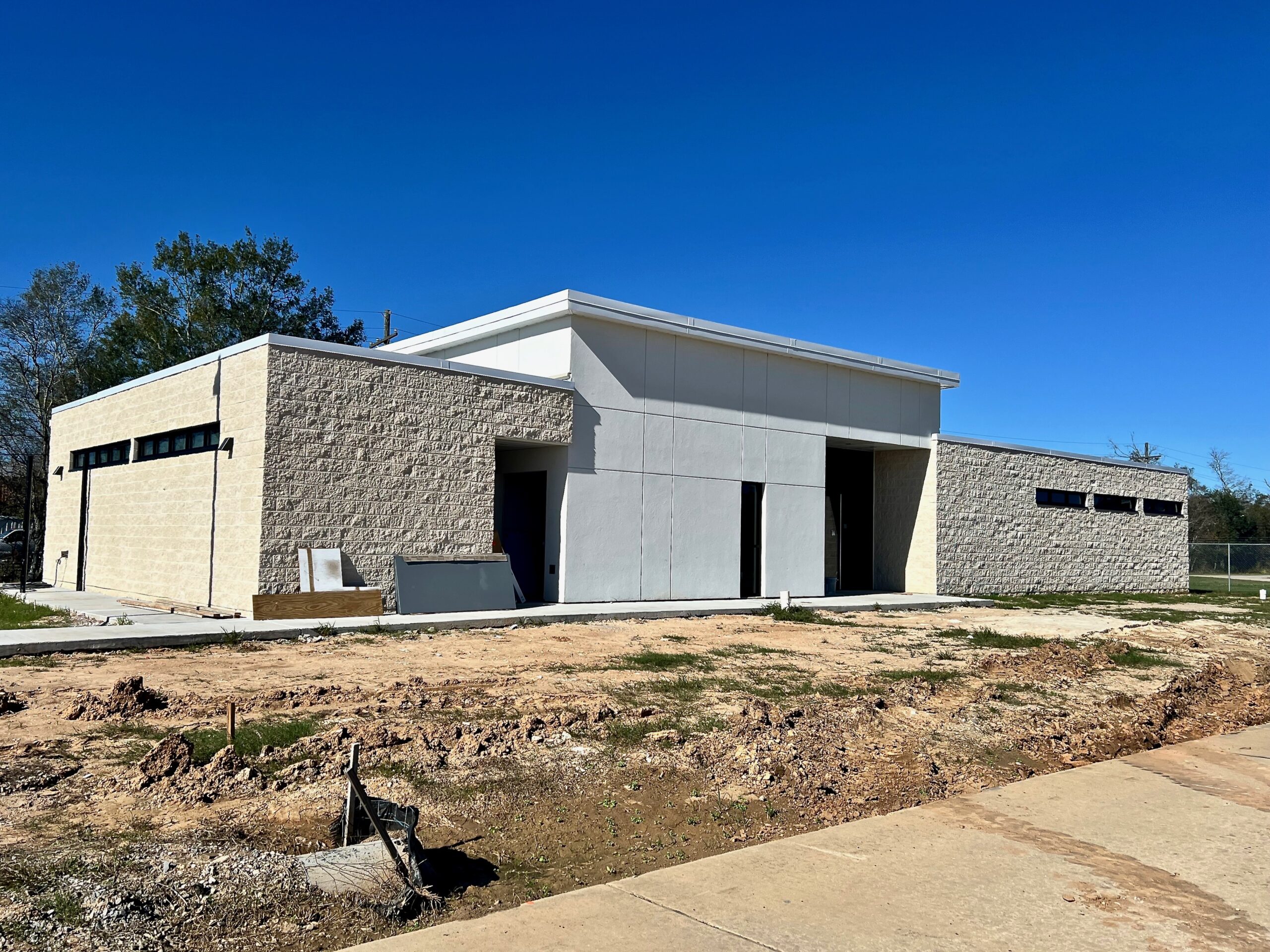
In a surprising turn of events, Senior General Min Aung Hlaing of Myanmar’s military junta has expressed appreciation for a letter from former US President Donald Trump announcing new tariffs on the country. The letter, which was issued on August 1, 2023, stated that the United States would impose a 40 percent tariff on Myanmar’s exports, a move generally considered punitive by most world leaders. However, the junta leader interpreted the communique as a sign of recognition for his government, which has faced international condemnation since it seized power in 2021.
The state media outlet, Global New Light of Myanmar, reported that Min Aung Hlaing described receiving the letter as an “honor.” He framed the tariff announcement as an “encouraging invitation” to engage with the US economy, suggesting that high-level negotiations could be pursued to discuss potential collaboration between the two nations.
Context of the Military Junta’s Rule
The military’s takeover in Myanmar has led to a devastating civil conflict, now entering its fifth year. Pro-democracy groups and ethnic armed organizations have been involved in ongoing battles against the military regime. The United Nations and various human rights organizations have accused the junta of war crimes as it seeks to maintain control. In response to the coup, the US, the UK, and the European Union have imposed sanctions and limited diplomatic interactions with the junta, including withdrawing fully accredited ambassadors.
While the international community largely views the junta as illegitimate, Min Aung Hlaing has sought to leverage the recent communication from Trump. He urged Washington to consider lifting sanctions, arguing that they hinder mutual interests and economic prosperity for both countries. The general’s comments reflect a desire for improved relations, despite the ongoing civil unrest and international isolation.
Response and Historical Context
In his remarks, Min Aung Hlaing praised Trump for his leadership and for “regulating broadcasting agencies and funds,” which he claimed have exacerbated conflicts in Myanmar. This appears to reference the Trump administration’s funding reductions for independent media outlets, including Radio Free Asia and Voice of America, which are critical for independent reporting in the country, especially under the junta’s crackdown on press freedoms.
Moreover, Min Aung Hlaing drew parallels between the political challenges faced by Trump during the 2020 US election and the alleged electoral fraud claims that the military has made regarding Myanmar’s democratic elections. The 2020 election resulted in a decisive victory for Aung San Suu Kyi and her party, the National League for Democracy, which the military deemed unfavorable, leading to its coup. International observers, however, deemed the election largely free and fair.
Since the coup, Aung San Suu Kyi has been detained and is currently serving a 27-year prison sentence after a trial widely criticized as politically motivated. The junta’s attempts to delegitimize her government continue as it seeks to consolidate power amidst widespread resistance.
As the situation in Myanmar evolves, the implications of Trump’s tariff letter remain uncertain. The US embassy in Myanmar has been contacted for further details regarding the letter’s delivery and its potential impact on US-Myanmar relations. The junta’s interpretation of this correspondence as a step toward improved ties highlights the complexity of international diplomacy in a landscape marked by severe human rights violations and ongoing conflict.






